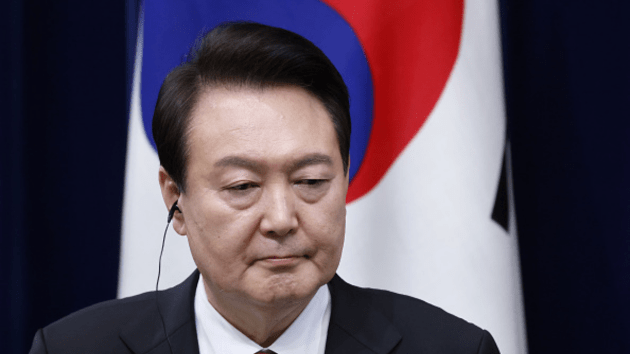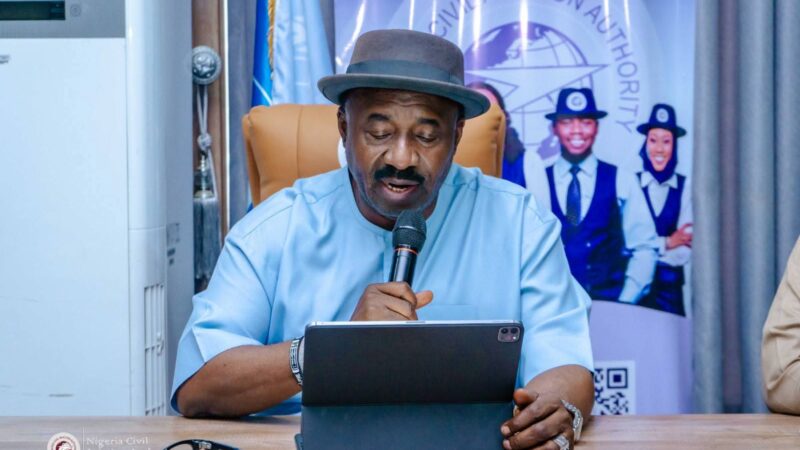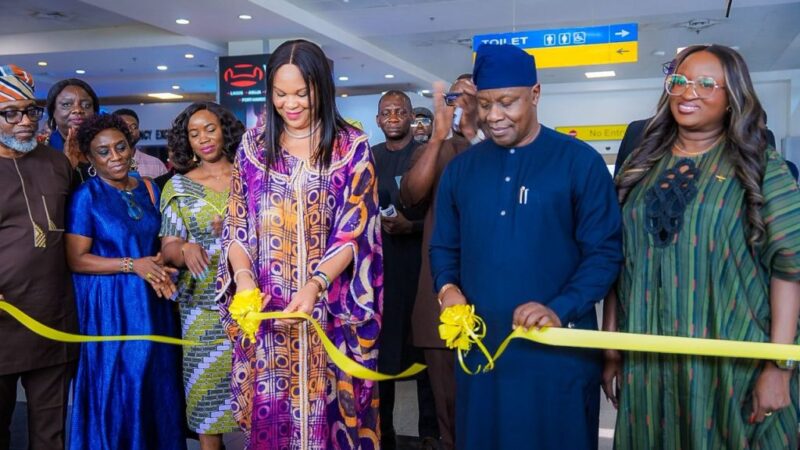South Korea: Court Issues Arrest Warrant for Suspended President Yoon Suk Yeol Over Martial Law Attempt

South Korea’s embattled president, Yoon Suk Yeol, faces arrest for his controversial attempt to impose martial law on 3 December.
The arrest warrant, issued by a court in Seoul, marks a significant escalation in the country’s ongoing political crisis, as Yoon faces allegations of abusing his power and inciting an insurrection.
According to a BBC report, the arrest warrant was issued after Yoon ignored three summonses to appear for questioning over the past two weeks.
However, his legal team has condemned the move, describing it as “illegal and invalid” while vowing to challenge the warrant in court.
South Korea has been in political turmoil since the martial law declaration, which lasted only briefly but sparked widespread outrage.
Yoon and his successor have both been impeached by parliament, and he now holds the dubious distinction of being South Korea’s first sitting president to face an arrest.
Investigators have until 6 January to execute the warrant, though they can seek an extension if necessary. However, enforcement could prove challenging.
The presidential security service has already blocked attempts to search Yoon’s office and private residence, raising doubts about the feasibility of carrying out the arrest.
Reports indicate that in previous cases, South Korean authorities have abandoned efforts to detain high-profile politicians when confronted by physical resistance from aides and supporters.
A similar scenario could unfold here, as protesters and Yoon’s security team are expected to mount staunch opposition.
Yoon has staunchly defended his decision to declare martial law, claiming it falls within his constitutional authority as president. “I will fight to the end,” he asserted, while also acknowledging his obligation to face legal and political scrutiny.
His lawyer, Yun Gap-geun, attributed Yoon’s failure to comply with earlier summonses to “legitimate concerns.”
Despite his defiance, Yoon has been banned from leaving the country, and his current whereabouts remain undisclosed.
Yoon’s suspension from presidential duties, which took effect on 14 December following his impeachment by lawmakers, has added another layer of complexity to the crisis.
His removal from office hinges on the constitutional court sustaining the impeachment. However, with only six of the nine judges currently seated, a single dissenting vote could save Yoon from being ousted.
Efforts by opposition lawmakers to nominate three additional judges to the bench were thwarted last week when Prime Minister Han Duck-soo vetoed the proposal.
Han, who had been serving as acting leader following Yoon’s suspension, has since faced impeachment himself.
The opposition’s frustration has now turned towards finance minister Choi Sang-mok, who is serving as both acting president and acting prime minister.
Lawmakers have threatened to impeach Choi as well, further deepening the political uncertainty.
The arrest warrant for Yoon proves the high stakes of South Korea’s political crisis, as the nation grapples with unprecedented legal and constitutional challenges.
With investigators racing against time and opposition lawmakers intensifying their efforts, the coming weeks will determine the fate of the suspended president and the country’s democratic institutions.







